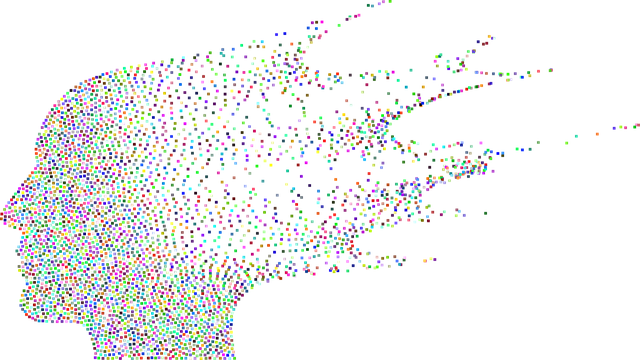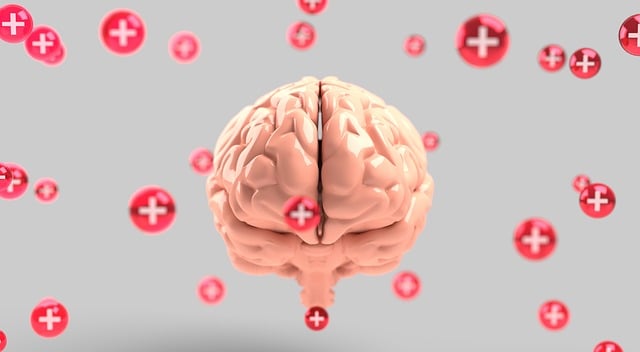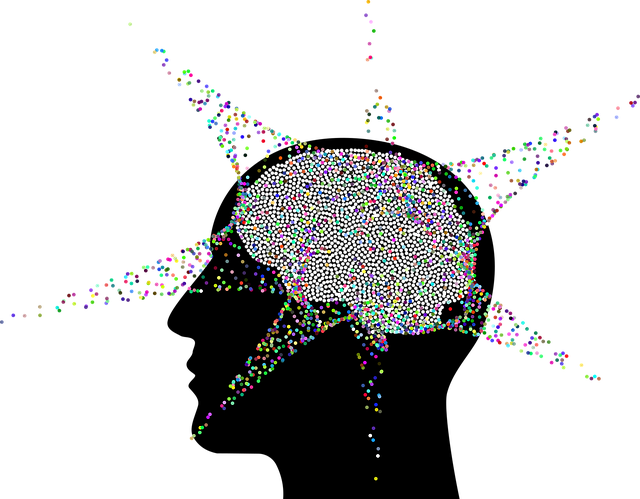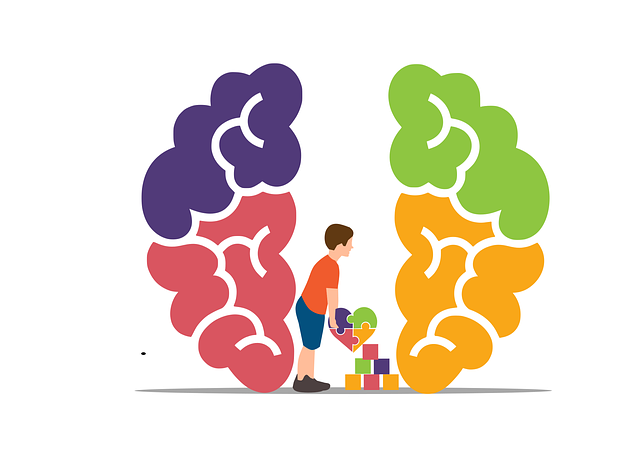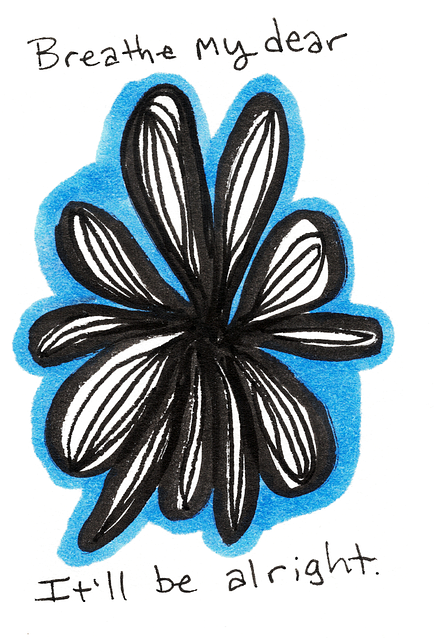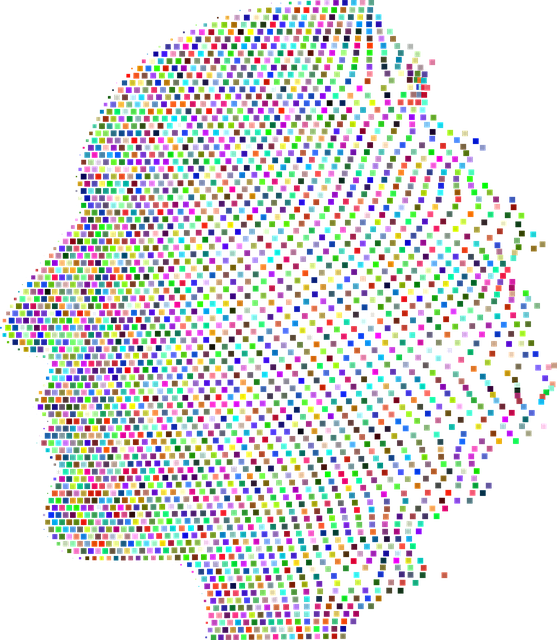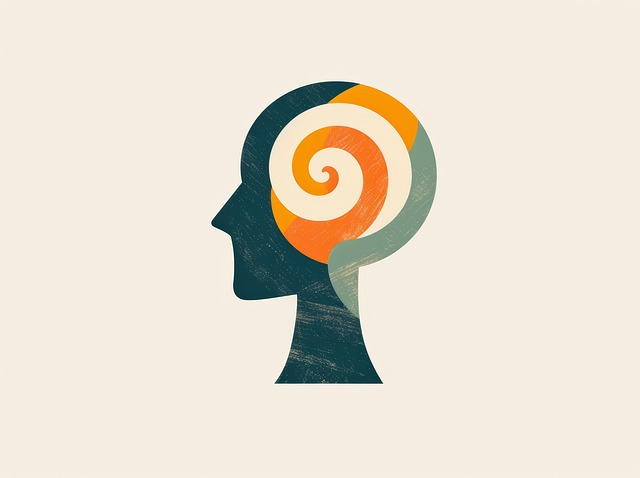Mental illness diagnosis in Highlands Ranch Anxiety Therapy faces challenges due to subjective symptoms, cultural differences, and a lack of standardized tools, leading to inconsistencies. To improve accuracy and patient satisfaction, community outreach programs promote mental wellness awareness and early intervention. Enhancing healthcare provider cultural competency training is vital for recognizing diverse contexts. Overlapping symptoms across disorders complicate diagnosis, requiring nuanced assessment strategies like Mindfulness Meditation and Self-Care Routines. Societal stigma deters help-seeking, so therapists at Highlands Ranch Anxiety Therapy create safe spaces, employ risk assessments, and promote self-care to empower clients and provide tailored care.
Mental illness diagnosis accuracy is a critical aspect of healthcare that requires continuous improvement. This article delves into the current challenges, such as symptom overlap across disorders and societal stigma, impacting accurate diagnoses. We explore advanced assessment techniques including structured clinical interviews, tailored psychological assessments, and emerging technologies like AI algorithms. Additionally, we discuss improving access to quality mental health care through cost reduction, increased availability, and literacy programs for primary caregivers. Ongoing research in neuroimaging and genetic studies holds promise for future advancements. These efforts aim to enhance patient outcomes at Highlands Ranch Anxiety Therapy and beyond.
- Current Challenges in Mental Illness Diagnosis
- – Discuss common issues leading to inaccurate diagnoses.
- – Highlight the impact of symptoms overlapping across disorders.
- – Mention societal stigma and its influence on assessment.
Current Challenges in Mental Illness Diagnosis

Mental illness diagnosis remains a complex field, fraught with challenges that impact patient care and outcomes. One of the primary hurdles is the subjective nature of many mental health conditions, where symptoms can be subtle and difficult to distinguish from other issues. This complexity necessitates a comprehensive approach to diagnosis, involving not just clinical assessments but also an understanding of the individual’s cultural background, life experiences, and social factors. For instance, what may manifest as anxiety in one culture could differ significantly from another, requiring healthcare providers to be adept at navigating these nuances.
In Highlands Ranch Anxiety Therapy and beyond, the current landscape is further complicated by a lack of standardized tools across practices. This inconsistency can lead to discrepancies in diagnosis, especially when dealing with diverse patient populations. To address these challenges, efforts are underway, such as implementing community outreach programs that promote mental wellness awareness and early intervention. Additionally, enhancing healthcare provider cultural competency training is vital; it ensures professionals are equipped to recognize and appreciate the complexities of different cultural contexts, thereby improving diagnostic accuracy and patient satisfaction.
– Discuss common issues leading to inaccurate diagnoses.

Inaccurate mental illness diagnoses are often attributed to a multitude of factors. One significant challenge is the subjective nature of symptoms, which can vary greatly from person to person and even across different cultural contexts. This complexity makes it difficult for healthcare professionals to arrive at consistent and precise assessments. Additionally, time constraints during patient consultations can lead to rushed evaluations, potentially overlooking nuances that might be crucial for an accurate diagnosis. The lack of standardized screening tools tailored to diverse populations also contributes to this issue, especially in areas like Highlands Ranch Anxiety Therapy, where cultural sensitivity is paramount.
Another major factor is the stigma surrounding mental health, which can deter individuals from openly discussing their symptoms or seeking help promptly. This reluctance may delay necessary interventions and lead to misdiagnosis or undiagnosed conditions. Furthermore, limited access to mental health resources, including specialized therapy and public awareness campaigns development, exacerbates these challenges. Crisis intervention guidance is often needed to navigate these complexities, ensuring that individuals receive appropriate care from the outset. Effective self-care practices can also play a role in early detection and accurate diagnosis by encouraging open communication with healthcare providers.
– Highlight the impact of symptoms overlapping across disorders.

The complexity of mental health lies in the intricate dance of symptoms that often overlap across various disorders. What presents as anxiety in one individual might be a manifestation of depression or even an undiagnosed trauma response in another, highlighting the need for nuanced assessment and understanding. This overlapping can lead to misdiagnosis or delayed treatment, significantly impacting a person’s well-being. For instance, individuals seeking Highlands Ranch Anxiety Therapy might find their symptoms rooted in underlying issues like stress or mood disorders, which require distinct therapeutic approaches.
Addressing this challenge necessitates a holistic approach, incorporating strategies such as Mindfulness Meditation and the development of Self-Care Routines for Better Mental Health. Moreover, designing comprehensive Mental Health Education Programs can help both professionals and individuals recognize these overlaps. By fostering awareness and understanding, these initiatives contribute to enhancing diagnosis accuracy, ensuring that those in need receive the most effective and personalized treatment options available.
– Mention societal stigma and its influence on assessment.

The societal stigma surrounding mental illness can significantly impact the assessment and diagnosis process. Often, individuals struggling with anxiety, depression, or other common disorders face judgment and prejudice, which may deter them from seeking help in the first place. This creates a barrier to treatment, exacerbating the challenges that already exist for those dealing with invisible symptoms. When patients do finally decide to consult a mental health professional, the therapist’s role becomes even more critical. They must create a safe, non-judgmental space to encourage open dialogue.
In Highlands Ranch Anxiety Therapy, for example, therapists employ various techniques to navigate these complexities. This includes utilizing comprehensive risk assessments for Mental Health Professionals, which help identify potential issues and tailor treatment plans accordingly. Additionally, promoting Self-Care Routine Development for Better Mental Health can empower clients to manage their conditions effectively while building resilience against societal pressures. These proactive approaches aim to foster a supportive environment, ensuring individuals receive accurate diagnoses and access the appropriate care they need.
Mental illness diagnosis accuracy has long been a complex issue, but with focused efforts and an understanding of current challenges, significant improvements are within reach. By recognizing the intricate relationship between symptoms and disorders, addressing societal stigma, and utilizing evidence-based assessment tools, healthcare professionals in Highlands Ranch Anxiety Therapy can enhance diagnostic precision. These improvements not only lead to more effective treatment plans but also foster a supportive environment where individuals feel empowered to seek help without fear of judgment.
